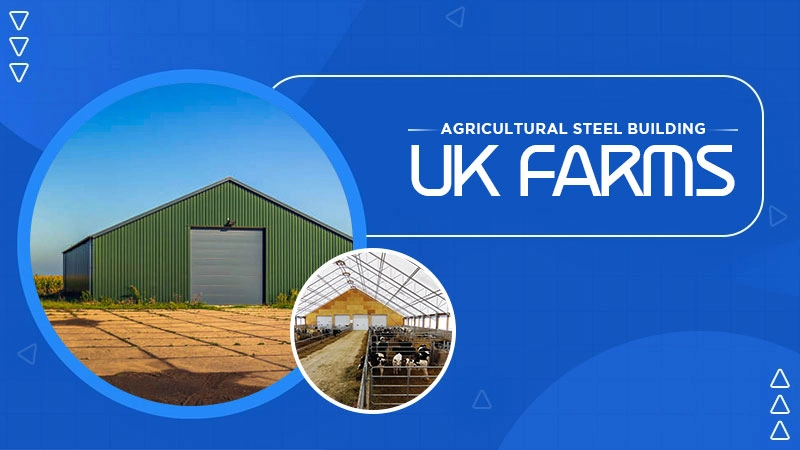3 Different Diets to Consider for Weight Loss
There’s undoubtedly been a time in your life when you’ve been unhappy with your weight and wanted to shed a few pounds, whether after a particularly indulgent holiday season or the months leading up to summer. In truth, the premise behind weight loss is easy – eat fewer calories than your body needs, and you’ll lose weight. The problem is that actually accomplishing that is much easier said than done and that’s why we turn to diets to help us along the way. Here are some different diet options you can consider for weight loss.
The Keto Diet
The keto diet, which involves removing almost all carbohydrates from your diet, works by changing the fuel your body uses from fast-burning carbohydrates to using fat for energy in the form of ketones. Studies generally find that a low-carb diet is very effective at weight loss, and some studies even say it can be almost twice as effective as a low-calorie diet.
Of course, your results may vary, as to how can you feel on a low-carb diet, some people feel lethargic and without energy while others feel great and full of energy. It’s also important to watch your cholesterol on a low-calorie diet, as it can increase, so watching what you eat is still important.
Intermittent Fasting
Intermittent fasting is a diet that focuses on when you eat more than what you eat. It does this by cycling your body through periods where eating is allowed and periods of fasting where no calories at all are allowed. It’s a way to restrict calorie intake but it is also said to increase metabolic rate and decrease cholesterol levels and blood sugar.
There are different variations of intermittent fasting, usually expressed in ratios, referring to hours in a day or days in a week where you are or aren’t eating. For example, a 16:8 intermittent fasting diet means you’ll only eat for 8 hours a day, and fast for 16, which in practice means skipping breakfast and eating only lunch and supper. You can learn about intermittent fasting online.
Plant-Based Diets
Turning to veganism or vegetarianism for the purposes of weight loss is increasing in popularity. Sourcing protein from plant-based sources instead of animal products, which are generally higher in fat than their plant-based alternatives, means a significantly lower calorie intake.
Of course, you’ll need to avoid sugars and high-fat snacks like potato chips to be successful, but it’s a viable option for those who can live without the addition of animal products to their diet. You’ll benefit from lowered blood pressure and decreased markers for diseases like type 2 diabetes in the process.
The dieting world is a minefield of information and differing opinions and finding something that works for you is usually a process of trial and error. The fundamentals of shedding some extra weight remain the same though, so look for a diet that suits your lifestyle and that can be sustainable in the long term for you.














